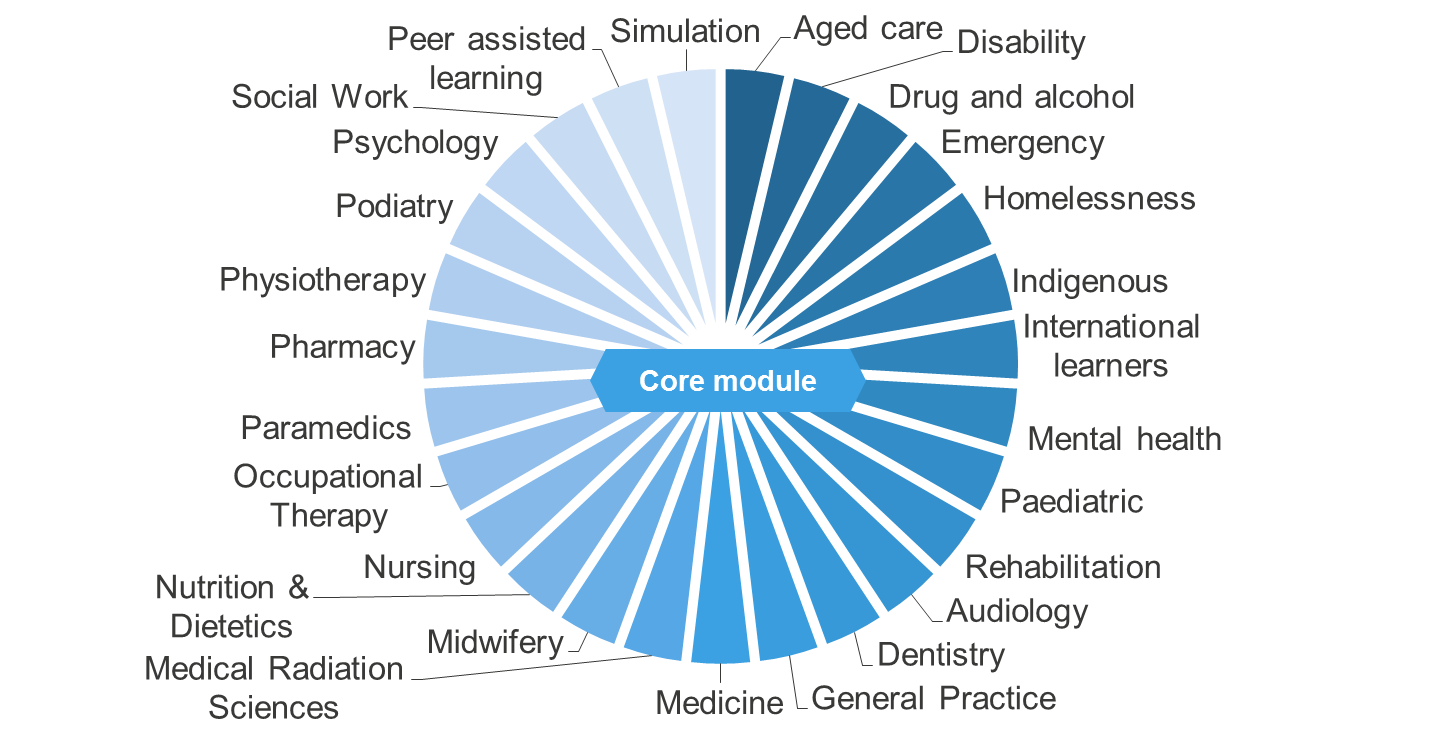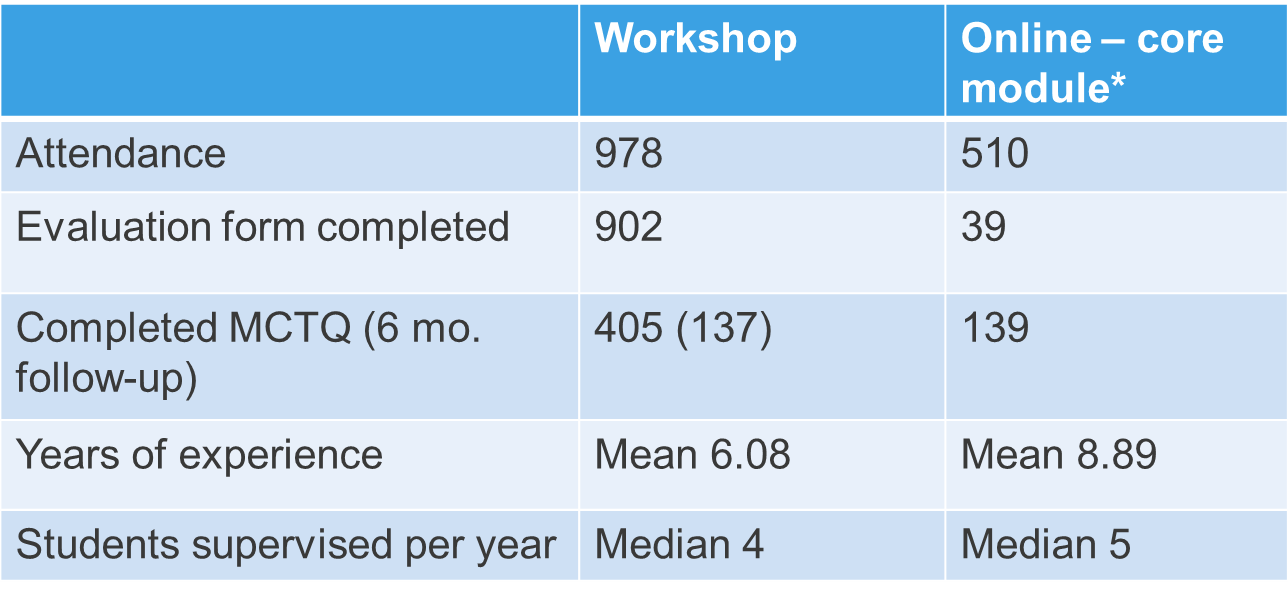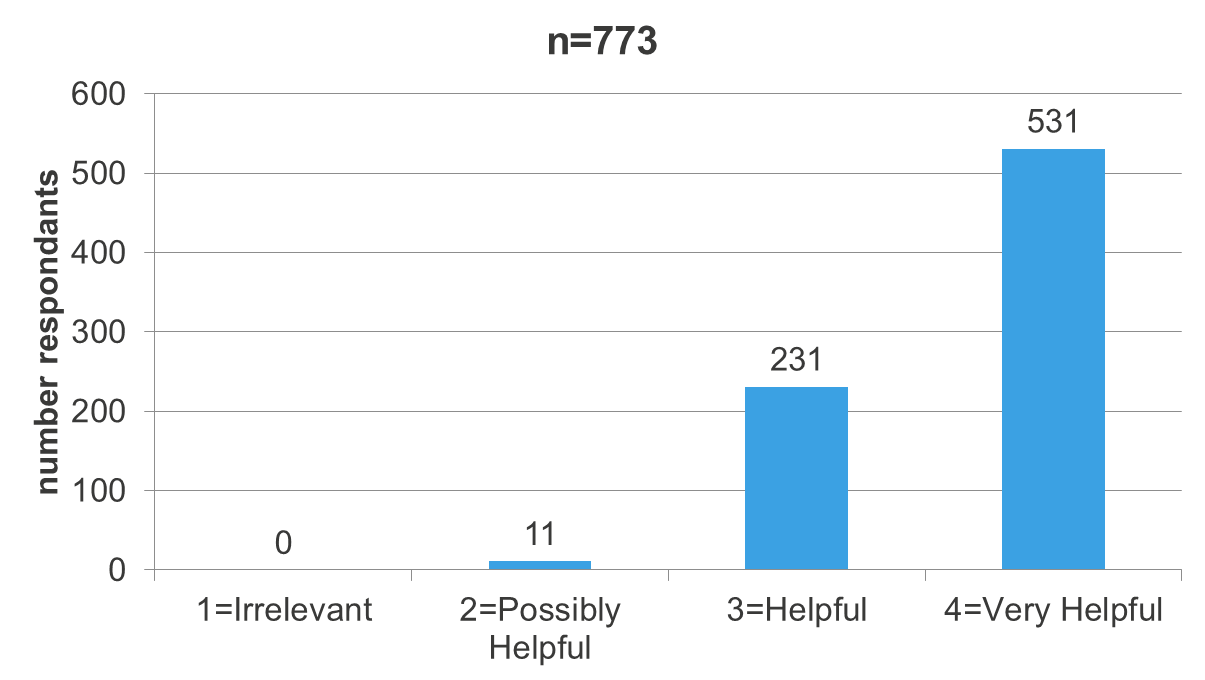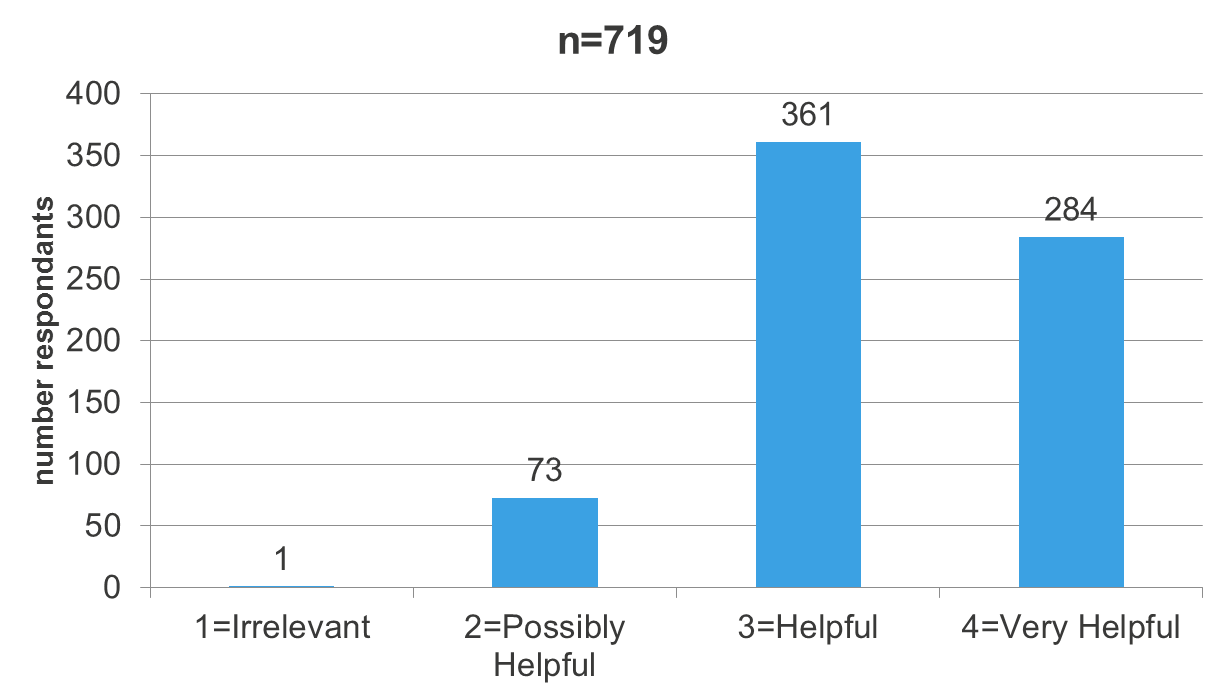
| Theme: 3JJ Staff development | |||
 |
||||||
| ClinSSAC: the effect of a multimodal program on clinical supervisors' education skills |
 |
|||||
|
||||||
Clinicians require support to become educators and supervisors. HealthPEER Monash University and Monash Health developed ClinSSAC (Clinical Supervision Support Across Contexts), a half-day face-to-face interprofessional workshop, which was delivered in 2012-13. An online equivalent with additional context and discipline specific e-learning modules was launched in May 2013. To encourage self-assessment of education skill, the Maastricht Clinical Teaching Questionnaire (MCTQ)1 was administered during the workshop or online and six months later.
Research Aims
- What is the impact of ClinSSAC?
- To determine clinical supervisor satisfaction with the program
- To determine change, if any, in clinical supervision/education skills
Module Contents
The Foundations of Supervision
- Facilitating learning
- Assessment & giving effective feedback
- Managing underperformance
Online Modules
Free to register https://clinicalsupervisionsupport.org/

Methods
- Workshop evaluation survey
- Maastricht Clinical Teaching Questionnaire (MCTQ)1
- during the workshop with 6 month follow-up
- theory of cognitive apprenticeship
- designed to give individual feedback to clinical supervisors
- Ethics approval granted by Monash University & Monash Health
 * As of October 7, 2013
* As of October 7, 2013
Overall workshop rating – meeting needs & interests as a clinical supervisor
- mean rating of 3.67

How useful is the Maastricht Clinical teaching Instrument as a reflective (self-assessment tool) for your clinical
practice?
- Mean rating of 3.29

MCTQ Total Scale (n=123)

- Participants’ evaluation and improved MCTQ ratings suggest the interprofessional program was appropriately designed.
- The interactive workshop allowed participants to share experiences and trial strategies to engage learners.
- This format also allowed for on-the-fly adaptation, and improvements to subsequent workshop delivery.
- Interactive and multidisciplinary face-to-face workshops were seen to improve supervisory skills across disciplines.
- Participants praised the MCTQ as a reflective tool to analyse their supervisory practice, and to set goals for educational development.
- Self-evaluation of supervision practice demonstrated a sustained improvement
Interactive and multidisciplinary face-to-face workshops were seen to improve supervisory skills across disciplines. Participants praised the MCTQ as a reflective tool.
1. Stalmeijer RE, Dolmans DH, Wolfhagen IH, Muijtjens AM, Scherpbier AJ. The development of an instrument for evaluating clinical teachers: Involving stakeholders to determine content validity. Med Teach. 2008;30:e272–e277.
This project was possible due to funding made available by Health Workforce Australia.



 Send Email
Send Email